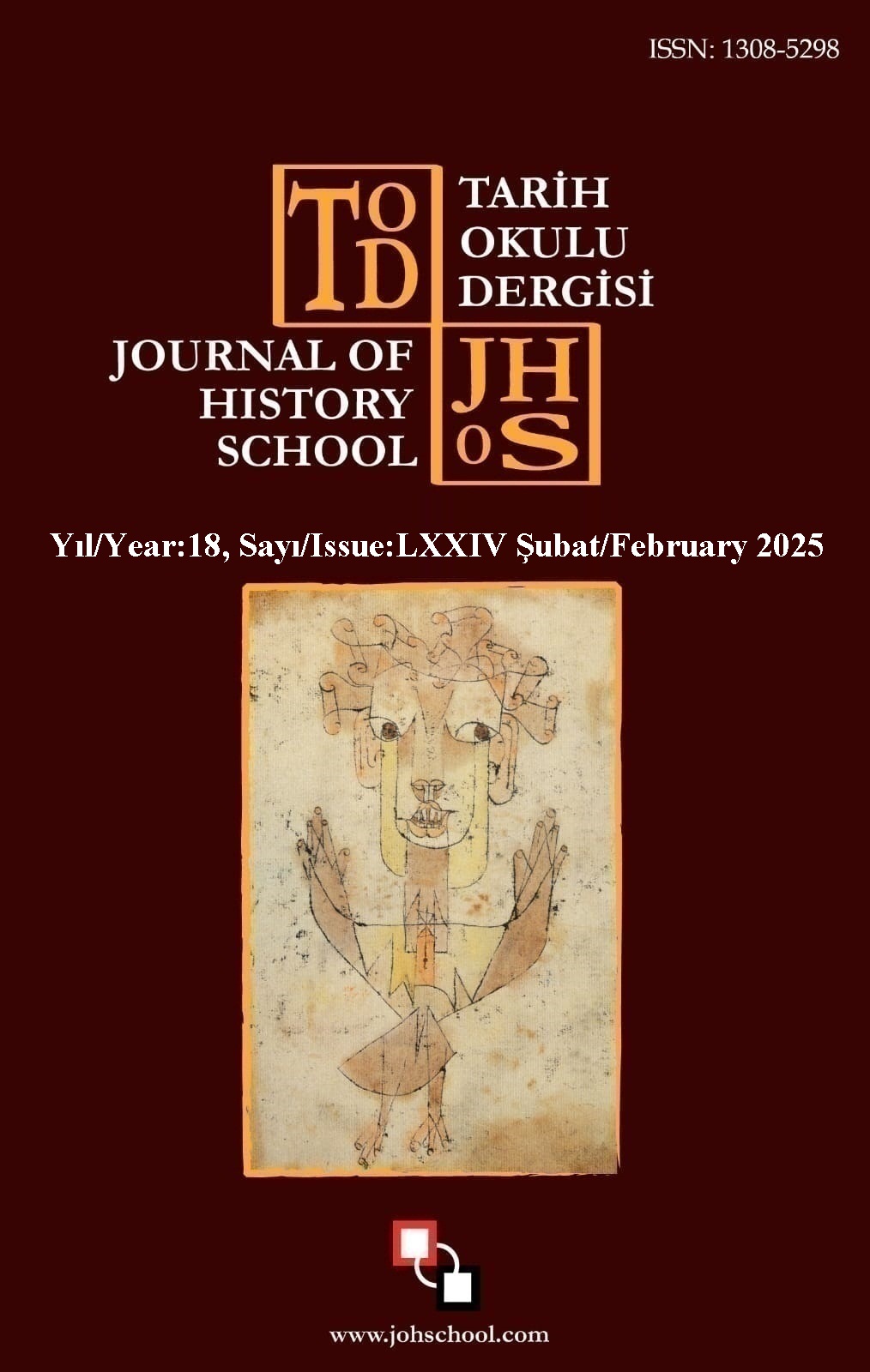ÖĞRENCİLERİNİN İLAHİYAT/İSLAMİ İLİMLER ARAPÇA PROGRAMLARIYLA İLGİLİ ALGI VE DENEYİMLERİ (MAÜ İSLAMİ İLİMLER FAKÜLTESİ ÖRNEĞİ)
Author :
Abstract
Bu araştırmada, İlahiyat/İslami İlimler Arapça programlarında okuyan öğrencilerin Arapça dilinde eğitim görmeleri bağlamında, programa yönelik algı ve deneyimleri ile öğrencilerin yaşadıkları problemler konu edilmektedir. Araştırmanın temel amacı, İlahiyat/İslami İlimler Arapça programlarında okuyan öğrencilerin deneyimlerini tespit etmektir. Araştırma, nitel araştırma yöntemlerinden “açımlayıcı (explanatory) sıralı karma yöntem” desenine göre tasarlanmıştır. Bu çerçevede öncelikle 219 öğrenciye, araştırmacı tarafından hazırlanan anket uygulanmış ve ankete katılan öğrencilerden 16’sı ile de odak grup görüşmeleri yapılmıştır. Araştırmanın temel sonuçlarına göre öğrencilerin çoğu, Arapça program deneyimlerinde ciddi eğitim yetersizlikleriyle karşılaştığını ve beklentilerinin karşılanmadığını belirtmiştir. Öğrenciler, eğitim dili Arapça olan programda hem Arapça dilini hem de dini ilimleri yeterli seviyede öğrenemediklerini düşünmektedirler.
Keywords
Abstract
This study focuses on the perceptions and experiences of students studying in Arabic programs of theology/Islamic Sciences in the context of receiving education in Arabic language, and the problems that students experience. The main purpose of the research is to identify the experiences of students studying in Arabic programs of Theology/Islamic Sciences. The research was designed according to the “explanatory sequential mixed method” design, one of the qualitative research methods. In this framework, a questionnaire prepared by the researcher was applied to 219 students and focus group interviews were conducted with 16 of the students who participated in the questionnaire. According to the main results of the study, most of the students stated that they encountered serious educational inadequacies in their Arabic program experience and that their expectations were not met. Students felt that they were not able to learn both the Arabic language and religious sciences at an adequate level in the Arabic program





